2026 Annual Meeting Awards
Joseph F. Fraumeni, Jr., Distinguished Achievement Award
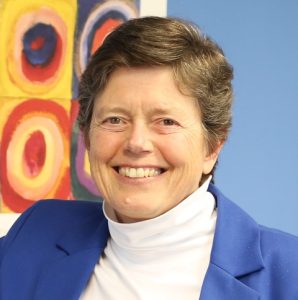 The ASPO Joseph F. Fraumeni, Jr. Distinguished Achievement Award is extended annually to an outstanding scientist in the area of preventive oncology, cancer control, and/or cancer prevention.
The ASPO Joseph F. Fraumeni, Jr. Distinguished Achievement Award is extended annually to an outstanding scientist in the area of preventive oncology, cancer control, and/or cancer prevention.
Joseph W. Cullen Memorial Award
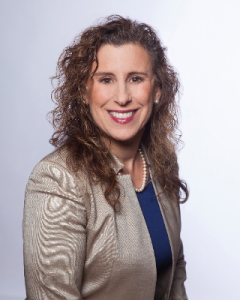 The Joseph W. Cullen Memorial Award aims to appreciate an individual’s distinguished achievement in continued national tobacco control interventions, through research, through the development of prevention and cessation programs with wide-reaching public health impact, or through public policy and advocacy initiatives. Congratulations to this year’s recipient, Bonnie Halpern-Felsher, PhD!
The Joseph W. Cullen Memorial Award aims to appreciate an individual’s distinguished achievement in continued national tobacco control interventions, through research, through the development of prevention and cessation programs with wide-reaching public health impact, or through public policy and advocacy initiatives. Congratulations to this year’s recipient, Bonnie Halpern-Felsher, PhD!
Dr. Halpern-Felsher is an internationally recognized leader in adolescent health and tobacco control whose career reflects exceptional innovation, impact, and dedication to cancer prevention. She is a developmental psychologist and Professor of Pediatrics at Stanford University, where her research has transformed understanding of how cognitive, social, and environmental factors shape youth decision-making and risk perceptions related to tobacco, vaping, cannabis, and other substances.
Dr. Halpern-Felsher has led or co-led multiple landmark NIH-, NCI-, and FDA-funded Tobacco Centers of Regulatory Science (TCORS) projects, producing evidence critical to preventing youth initiation, progression, and continued use of tobacco products, particularly among vulnerable populations. Her work has directly informed prevention strategies and regulatory policy, contributing to major advances in youth tobacco control.
She is also a national leader in translating science into practice. As founder and executive director of the Tobacco Prevention Toolkit, Cannabis Awareness and Prevention Toolkit, and Vaping Information, Solutions, and Interventions Toolkit, Dr. Halpern-Felsher has delivered evidence-based education to more than 3 million youth through thousands of schools across the United States and internationally. These widely adopted curricula have become a standard for prevention education and are continually updated to address emerging industry tactics and trends in youth vaping.
Dr. Halpern-Felsher’s influence extends to policy at the highest levels, including testimony before the FDA, state legislatures, and Congress, and service on Surgeon General Reports and National Academies of Medicine committees. She has mentored more than 300 students and trainees and continues to lead innovative NIH-funded research. Through her sustained leadership in research, policy, and implementation, Dr. Halpern-Felsher exemplifies the legacy of Joseph W. Cullen and is richly deserving of this honor.

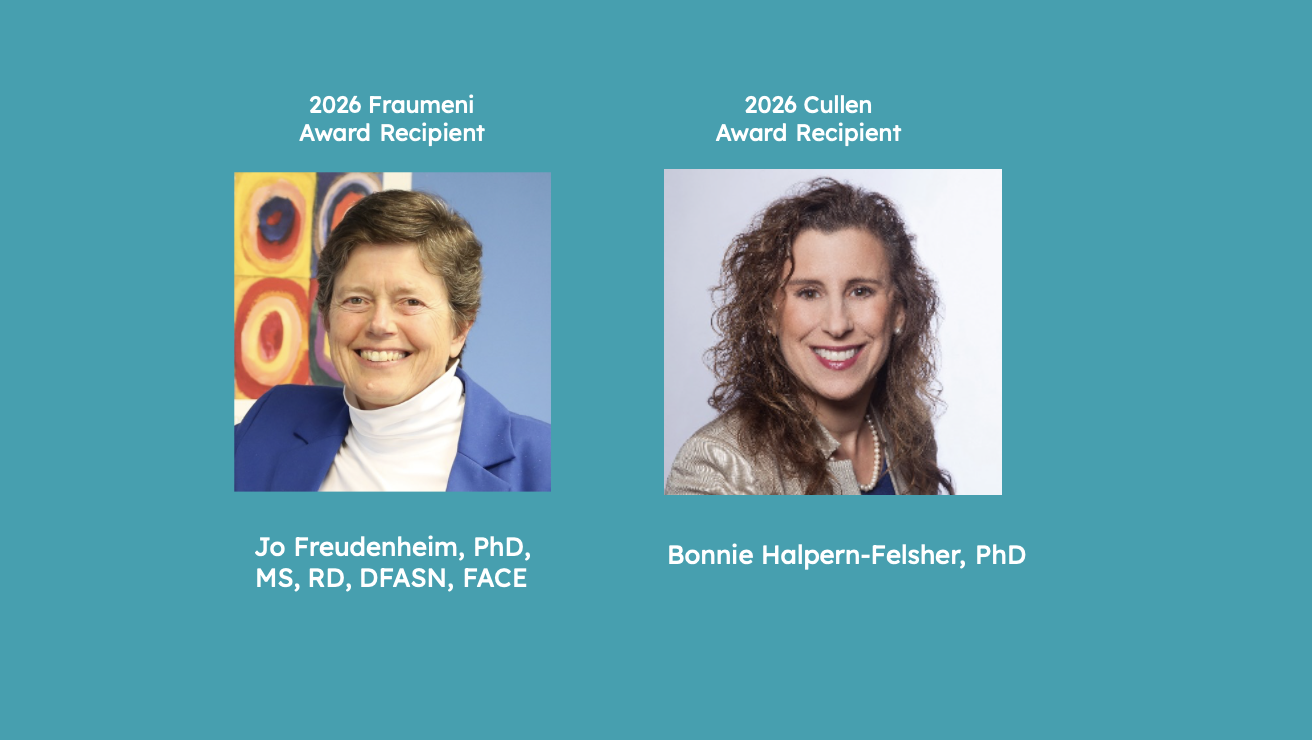
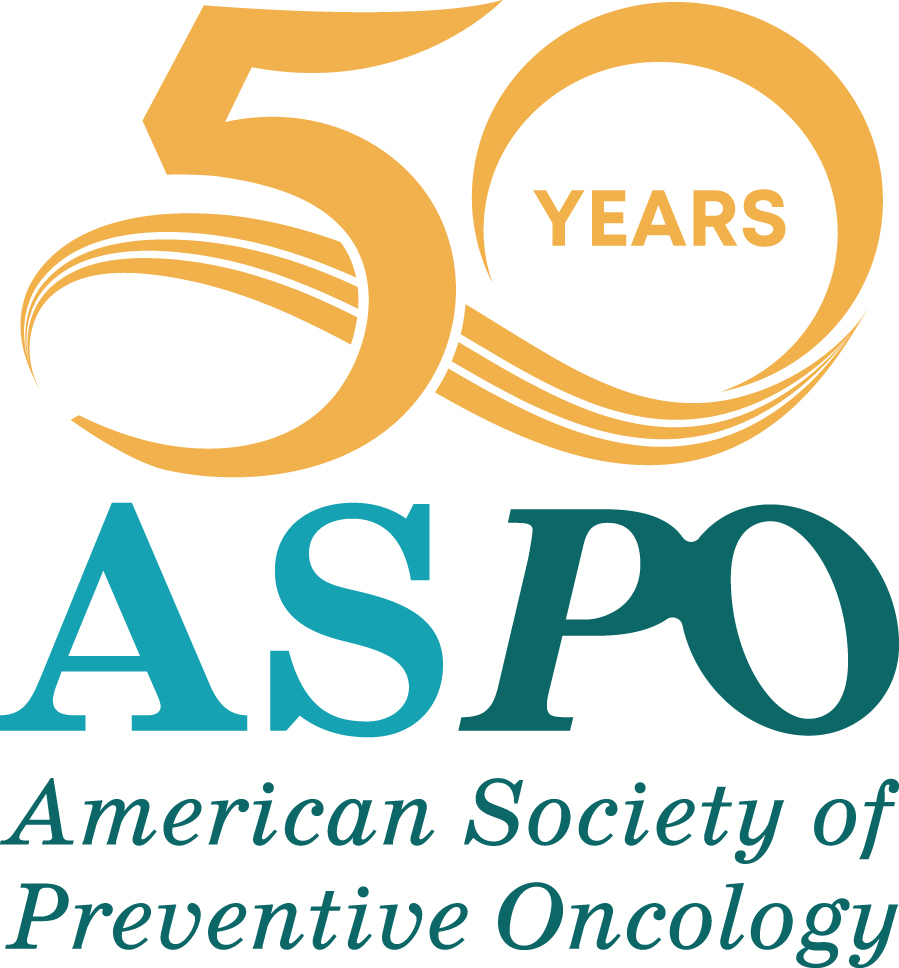
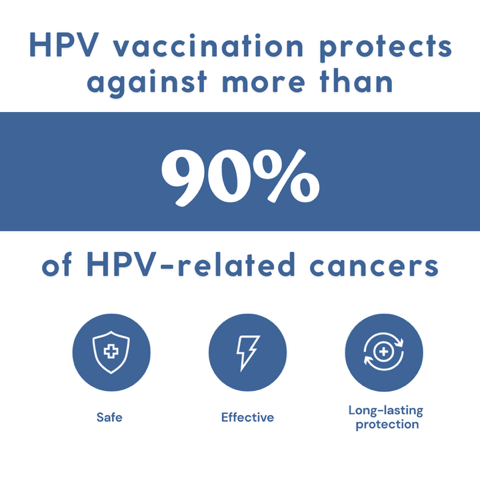

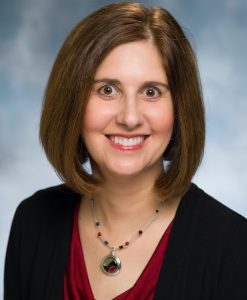
 “In a time of uncertainty in health research, going to ASPO 2025 in Philadelphia, PA felt rejuvenating. This year, I was selected to give a 5-minute flash talk in the session “The Untapped Potential of Lung Cancer Screening”. As a doctoral trainee and first time ASPO attendee, I was nervous about attending this conference with many accomplished cancer researchers. I was instead met with extreme warmth, support and friendliness from fellow attendees – whether it was their first time, or 30th time at ASPO!
“In a time of uncertainty in health research, going to ASPO 2025 in Philadelphia, PA felt rejuvenating. This year, I was selected to give a 5-minute flash talk in the session “The Untapped Potential of Lung Cancer Screening”. As a doctoral trainee and first time ASPO attendee, I was nervous about attending this conference with many accomplished cancer researchers. I was instead met with extreme warmth, support and friendliness from fellow attendees – whether it was their first time, or 30th time at ASPO!
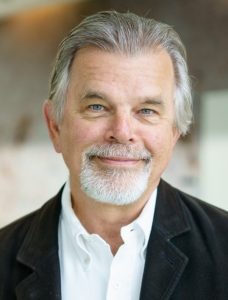 The ASPO Joseph F. Fraumeni, Jr. Distinguished Achievement Award is extended annually to an outstanding scientist in the area of preventive oncology, cancer control, and/or cancer prevention.
The ASPO Joseph F. Fraumeni, Jr. Distinguished Achievement Award is extended annually to an outstanding scientist in the area of preventive oncology, cancer control, and/or cancer prevention. 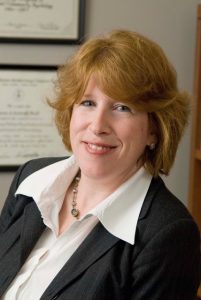 The Joseph W. Cullen Memorial Award aims to appreciate an individual’s distinguished achievement in continued national tobacco control interventions, through
The Joseph W. Cullen Memorial Award aims to appreciate an individual’s distinguished achievement in continued national tobacco control interventions, through 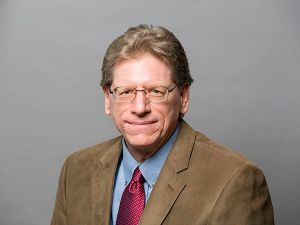 The ASPO Distinguished Service Awards are given periodically to those individuals who have gone above and beyond in their service to the Society. This year, Dr. Henry Ciolino is the recipient of the Distinguished Service Award.
The ASPO Distinguished Service Awards are given periodically to those individuals who have gone above and beyond in their service to the Society. This year, Dr. Henry Ciolino is the recipient of the Distinguished Service Award.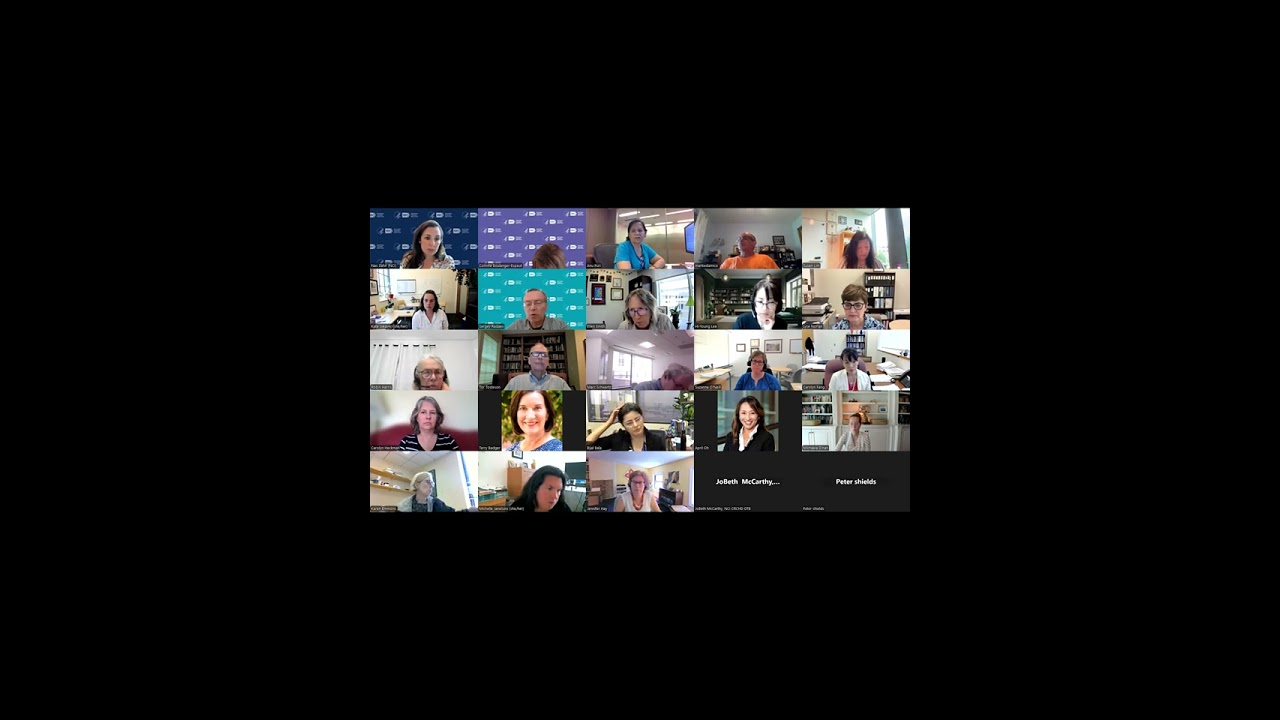
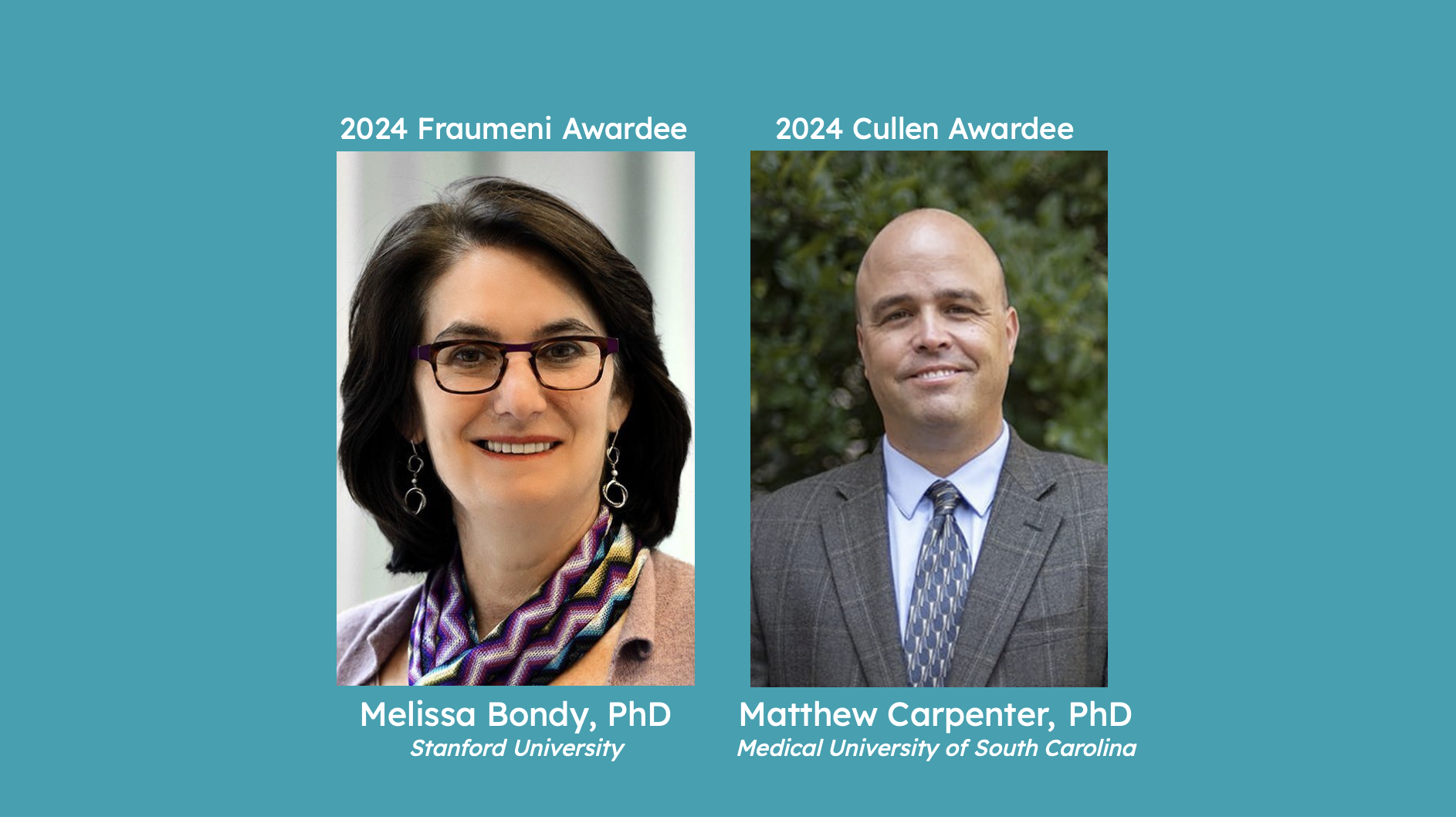
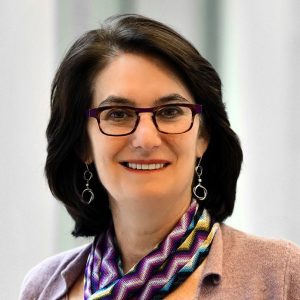 We are thrilled to share that the 2024 Fraumeni Award recipient is Melissa Bondy, Ph.D., of Stanford University! Dr. Bondy earned a Ph.D. in epidemiology from the University of Texas School of Public Health. She then dedicated nearly three decades of her career to the University of Texas MD Anderson Cancer Center and the Baylor College of Medicine, serving as Director of the Childhood Cancer Epidemiology and Prevention Center- a joint center of Baylor College of Medicine, MD Anderson Cancer Center, and Texas Children’s Hospital. Later, she became the Associate Director of Cancer Prevention Sciences at Baylor College of Medicine’s Dan L. Duncan Cancer Center.
We are thrilled to share that the 2024 Fraumeni Award recipient is Melissa Bondy, Ph.D., of Stanford University! Dr. Bondy earned a Ph.D. in epidemiology from the University of Texas School of Public Health. She then dedicated nearly three decades of her career to the University of Texas MD Anderson Cancer Center and the Baylor College of Medicine, serving as Director of the Childhood Cancer Epidemiology and Prevention Center- a joint center of Baylor College of Medicine, MD Anderson Cancer Center, and Texas Children’s Hospital. Later, she became the Associate Director of Cancer Prevention Sciences at Baylor College of Medicine’s Dan L. Duncan Cancer Center.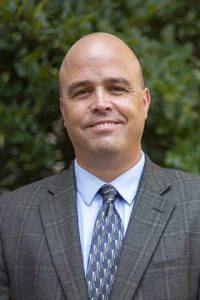 Please join us in congratulating
Please join us in congratulating 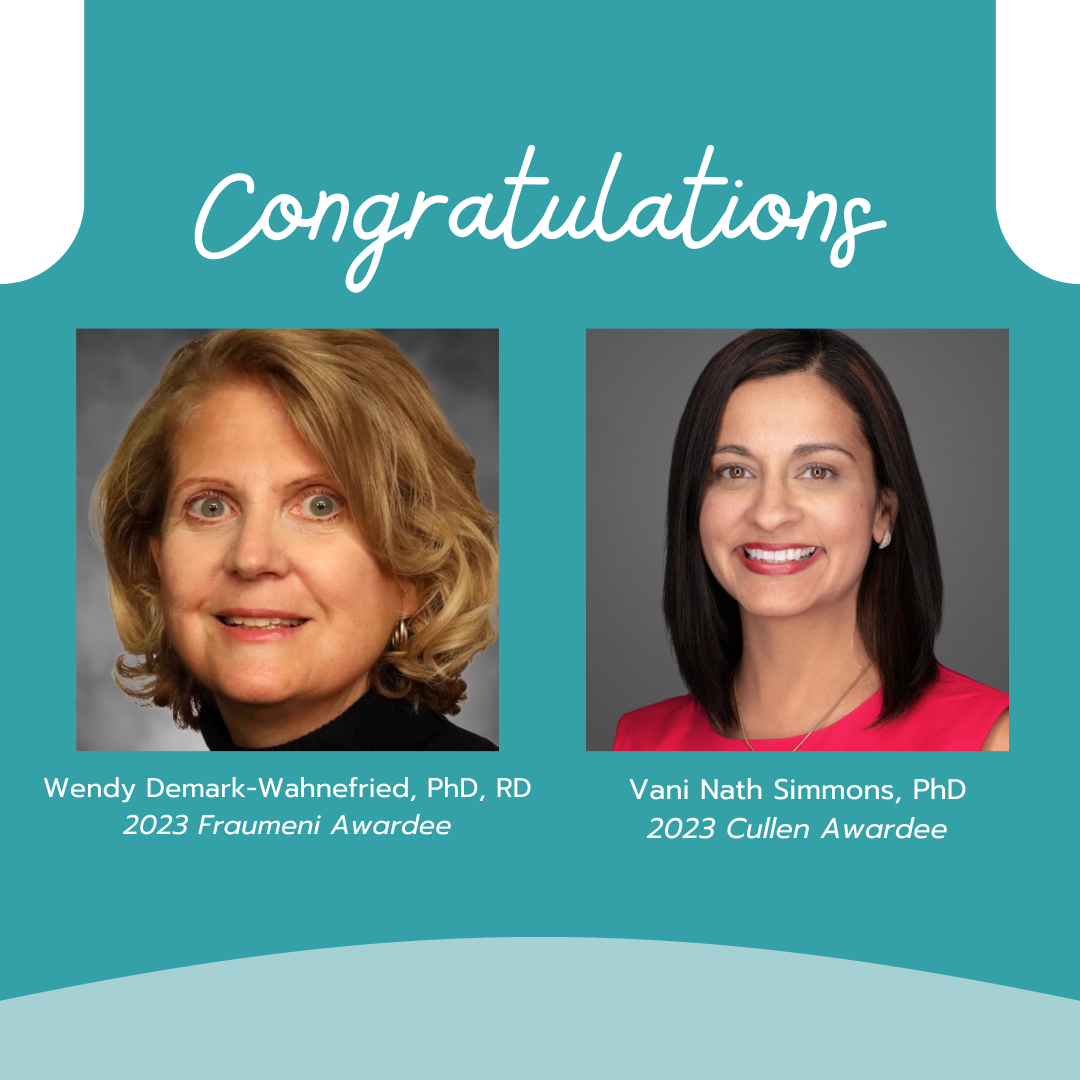
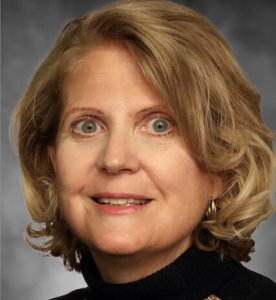 Wendy Demark-Wahnefried, PhD, RD is an outstanding candidate for the ASPO Joseph F. Fraumeni, Jr. Distinguished Achievement Award given her significant and long-term scientific contributions across the cancer continuum. A nutrition scientist by training, Dr. Demark-Wahnefried began her career studying weight gain among women with breast cancer and was one of the first to document sarcopenic obesity with chemotherapy (JCO 2001). She conducted proof-of-principal studies that promoted high-nutrient, low energy density diets combined with aerobic and resistance training to reverse adverse body composition change. Achieving success, Dr. Demark-Wahnefried then focused on interventions that were grounded in behavioral theory, home-based, scalable, and aimed at mitigating outcomes associated with accelerated aging among cancer survivors. Initially using tailored mailed print interventions with or without telephone counseling, the FRESH START and RENEW randomized controlled trials (RCT) achieved significant, reproducible, and durable improvements in dietary intake and physical activity, and functional decline in international and sizable (>500) samples of cancer survivors (JCO 2007, JAMA 2009, JCO 2012). Partnering with Cooperative Extension, Harvest for Health, a statewide, home-based, vegetable gardening intervention delivered by master gardeners paired with 381 older cancer survivors will soon yield findings aimed to enhance health of survivors residing in rural areas. Her AMPLIFY (AiM, Plan and act on LIFestYles) web-based, diet and exercise, weight loss RCT is recruiting survivors of obesity-related cancers. Along with RCTs in the presurgical setting and measuring effects on tumor proliferation have yielded ~350 peer-reviewed articles. She has led efforts to disseminate best practices for lifestyle behaviors among cancer survivors including several notable policy-related papers (CA Cancer J Clin 2012, 2018; Med Sci Sports Exerc, 2010; J Natl Compr Canc Netw 2020,2021; J Clin Oncol 2022). Dr. Demark-Wahnefried is devoted to service, chairing various committees including the National Cancer Policy Forum, the World Cancer Research Fund/American Institute of Cancer Research, and ASPO, where she served on several program planning committees, director-at-large, and president (2013-2015).
Wendy Demark-Wahnefried, PhD, RD is an outstanding candidate for the ASPO Joseph F. Fraumeni, Jr. Distinguished Achievement Award given her significant and long-term scientific contributions across the cancer continuum. A nutrition scientist by training, Dr. Demark-Wahnefried began her career studying weight gain among women with breast cancer and was one of the first to document sarcopenic obesity with chemotherapy (JCO 2001). She conducted proof-of-principal studies that promoted high-nutrient, low energy density diets combined with aerobic and resistance training to reverse adverse body composition change. Achieving success, Dr. Demark-Wahnefried then focused on interventions that were grounded in behavioral theory, home-based, scalable, and aimed at mitigating outcomes associated with accelerated aging among cancer survivors. Initially using tailored mailed print interventions with or without telephone counseling, the FRESH START and RENEW randomized controlled trials (RCT) achieved significant, reproducible, and durable improvements in dietary intake and physical activity, and functional decline in international and sizable (>500) samples of cancer survivors (JCO 2007, JAMA 2009, JCO 2012). Partnering with Cooperative Extension, Harvest for Health, a statewide, home-based, vegetable gardening intervention delivered by master gardeners paired with 381 older cancer survivors will soon yield findings aimed to enhance health of survivors residing in rural areas. Her AMPLIFY (AiM, Plan and act on LIFestYles) web-based, diet and exercise, weight loss RCT is recruiting survivors of obesity-related cancers. Along with RCTs in the presurgical setting and measuring effects on tumor proliferation have yielded ~350 peer-reviewed articles. She has led efforts to disseminate best practices for lifestyle behaviors among cancer survivors including several notable policy-related papers (CA Cancer J Clin 2012, 2018; Med Sci Sports Exerc, 2010; J Natl Compr Canc Netw 2020,2021; J Clin Oncol 2022). Dr. Demark-Wahnefried is devoted to service, chairing various committees including the National Cancer Policy Forum, the World Cancer Research Fund/American Institute of Cancer Research, and ASPO, where she served on several program planning committees, director-at-large, and president (2013-2015).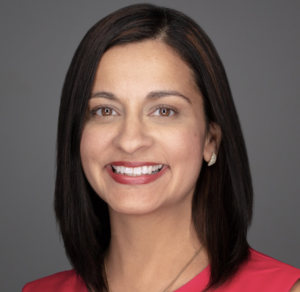 The Joseph W. Cullen Memorial Award is to recognize an individuals distinguished achievement in continued national tobacco control efforts, through research, through the development of prevention and cessation programs with wide-reaching public health impact, or through public policy and advocacy initiatives. We are happy to announce the 2023 award will be presented to
The Joseph W. Cullen Memorial Award is to recognize an individuals distinguished achievement in continued national tobacco control efforts, through research, through the development of prevention and cessation programs with wide-reaching public health impact, or through public policy and advocacy initiatives. We are happy to announce the 2023 award will be presented to 